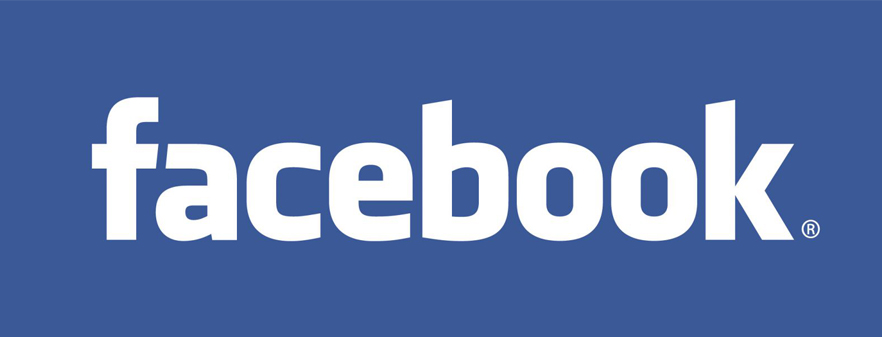Why Facebook Auto-Play Video Ads Won't Help Facebook
| 17 Dec 2013
|

Facebook today launched its long-anticipated auto-play video ads on News Feed with just a few advertisers. The new advertising feature will enable brands to play commercials in silence for 15 seconds until a user clicks on it which then will play in sounds. Moreover, once a user taps an ad, he or she can choose to play it in full screen.
This roll-out will certainly help Facebook foray the video advertising industry. According to eMarketer, U.S. digital ad spending will reach $4.15 billion this year from $2.89 billion last year. That’s a 43.5% increase.
Though auto-play video ads can help Facebook yield larger advertising revenue, it may affect the user experience and engagement. The latter plays a greater concern for Facebook as research indicates that there’s a significant drop in Facebook user engagement. According to the Mashable, Facebook had lost 1.4 million monthly active users late last year and has carried this epidemic to this year. According to Forbes, the number of active teenage Facebook users has dropped to 56% in the third quarter of 2013 from 76% in the first. Instead of using Facebook, teenage users are now using messaging service such as WeChat as well as photo-sharing applications such as Instagram and Snapchat to connect with each other. According to a Global Web Index chart, the globe usage growth (excluding China) of WeChat and Instagram between 3Q 2013 and 1Q 2013 is 1021% and 85%, respectively. Even Facebook Messenger had grown by 89%. This illustrates the drastic shift in the digital communications space where consumers are substituting social networks with instant messaging services. This as a result has declined Facebook’s user-base and engagement level. And by coming out with auto-play video ads, Facebook is not helping the issue. Sadly, it might do the opposite. The video ads may induce consumers to utilize ads free services such as WeChat and Snapchat to interact with their peers. This will further push users away from Facebook which will cause them to see a greater decline in user activity.
Conversely, on Facebook’s defense, they’ll most likely customize their video advertisements to specific consumers. According to Wired, Facebook now uses Artificial Intelligence (AI) to predict products and services that’ll intrigue their users. By using this sort of advanced technology, Facebook can showcase video advertisements relevant to their users’ needs. This may help them influence their users to enjoy the ads. That said, it all depends on Facebook’s execution and how receptive their consumers to the launch.
By releasing auto-play video ads, Facebook is attempting to take a chunk out of the video ad industry. While it seem like a brilliant decision given the field’s lucratively, it backfire. With the launch, Facebook may further induce its users to utilize other social networks or messaging services to communicate with each other. This will effectively damage Facebook’s advertising business because its ad business can’t exist unless there’s an audience. Hence, it may be a smarter decision for Facebook to hold off its video ads for now and address its primary concern: to encourage its users to re-engage.


